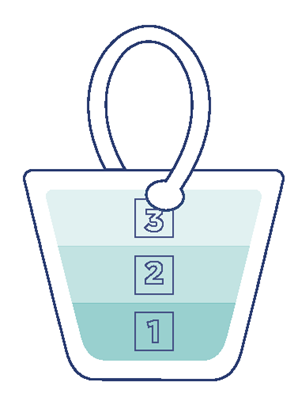
Your health plan is a contract between you and us to pay for medical services. How much your plan pays and how much you pay will vary based on your coverage. Typical plan costs can include a monthly premium that you pay each month to access your health plan, as well as a system of cost-sharing that can consist of a copay, coinsurance, deductible or any combination of the three:

Knowing your care options before you need them saves you time and money. Learn more about the options for care, as well as associated costs.
The EOB is not a bill. You’ll receive an EOB when using your health plan for covered care. The EOB lists the services used, the amount charged by the provider and your financial responsibility to pay toward deductibles or coinsurance. Learn more about how to read the explanation of benefits document.
Some medical services require pre-approval by your health plan before receiving the service, commonly known as prior authorization. Our prior authorization process helps ensure you receive medically necessary care at the right time with the right provider. Learn more about the prior authorization process.
Preventive care is provided at visits that are usually with your primary care provider (PCP). Routine screenings, shots (vaccinations), and counseling to prevent illness, disease or other health problems are some examples of preventive care. These preventive care services are covered without any ($0) out-of-pocket costs to members when received by an in-network provider. Visit our preventive care page for more information on what is covered.